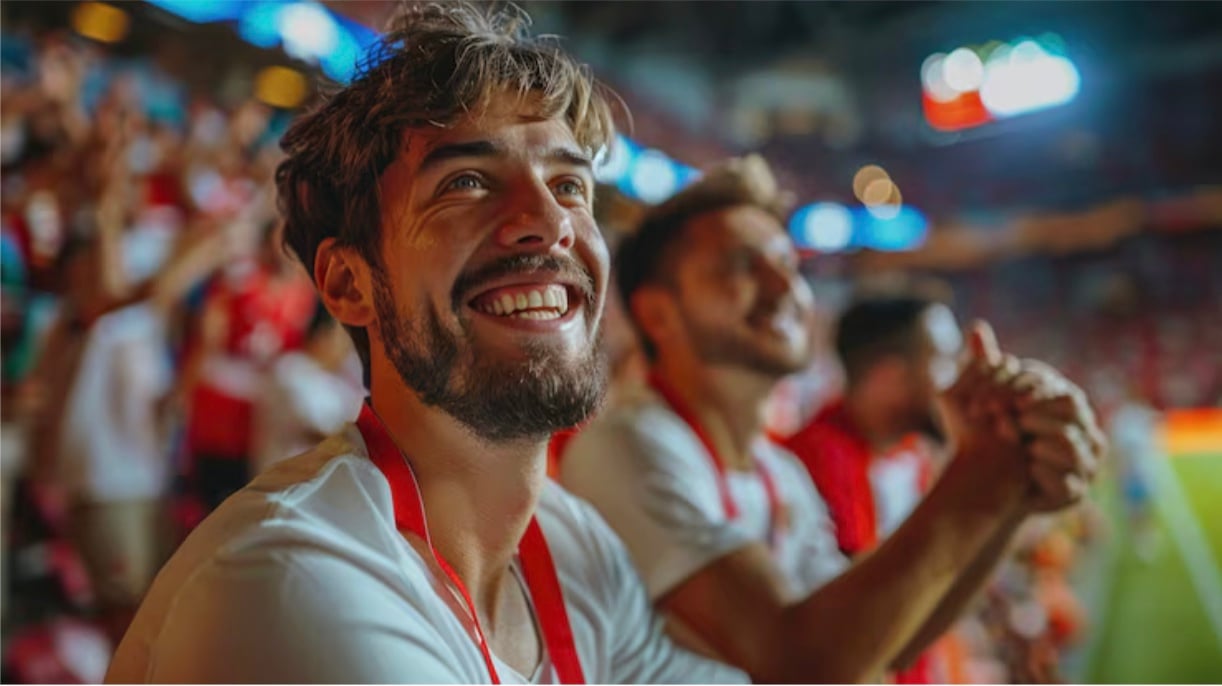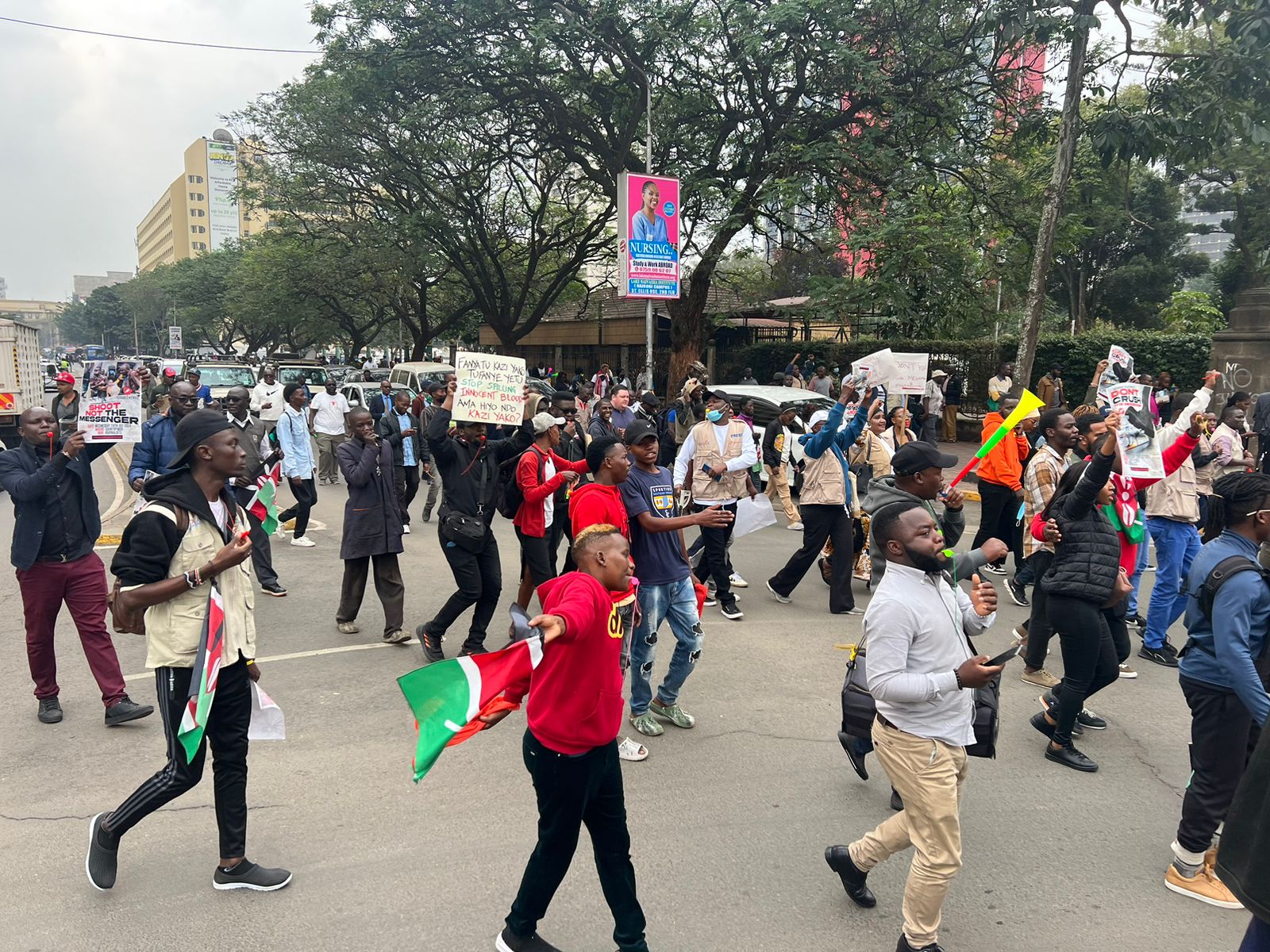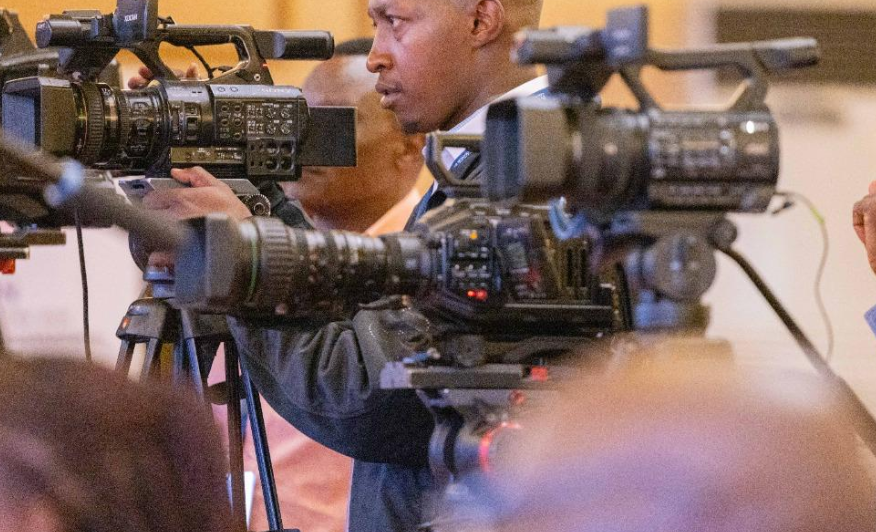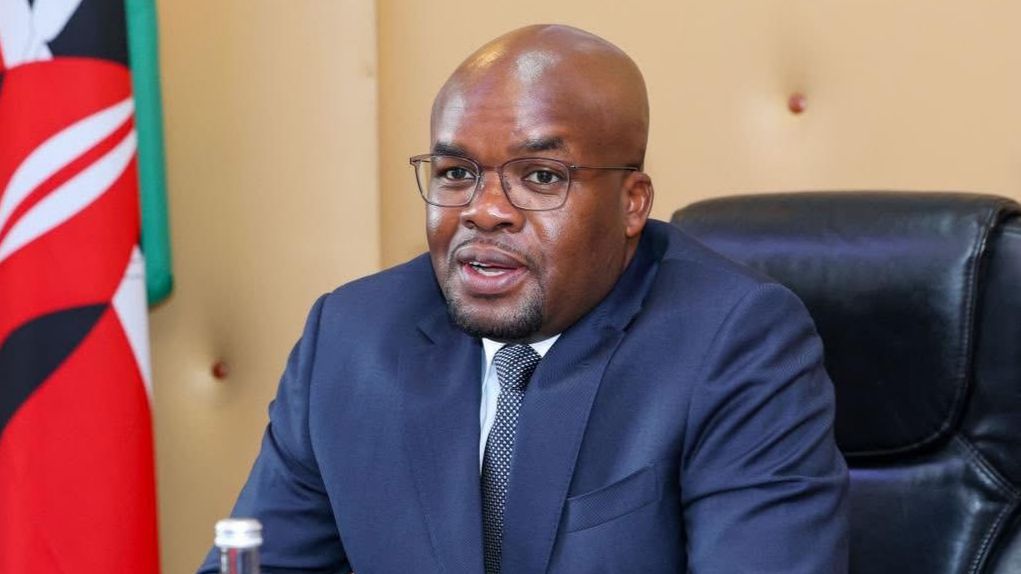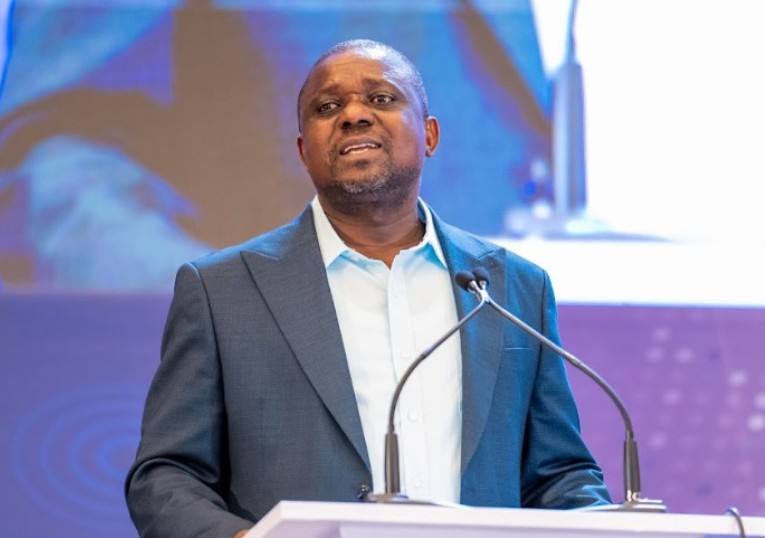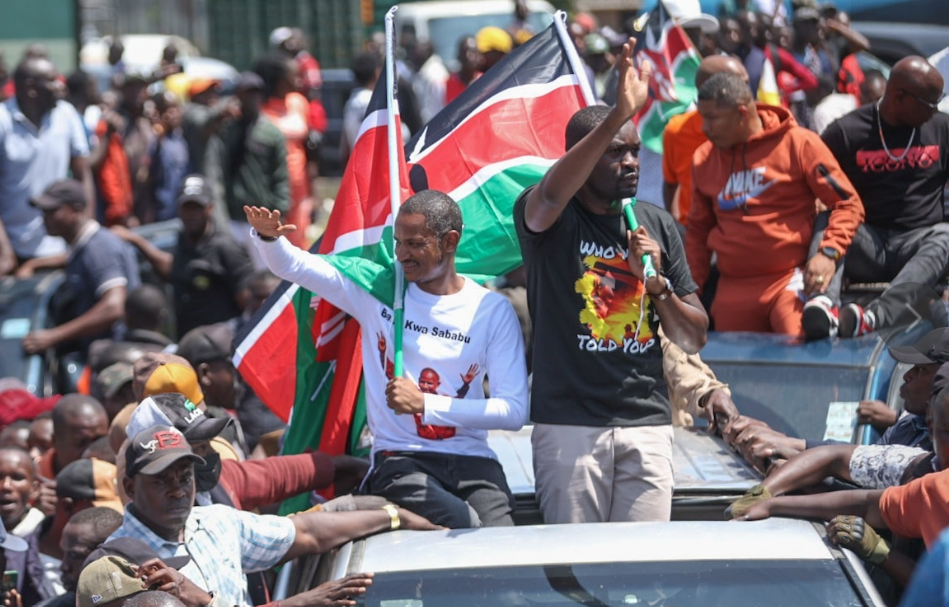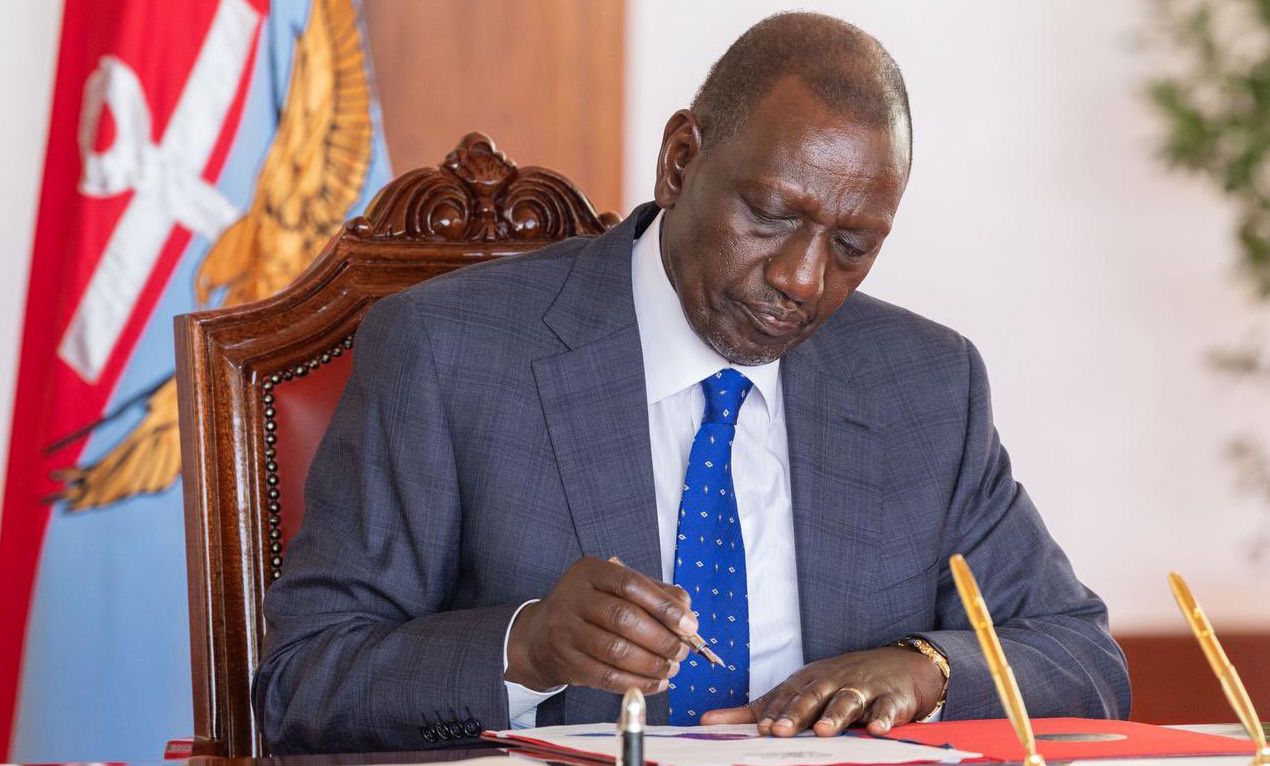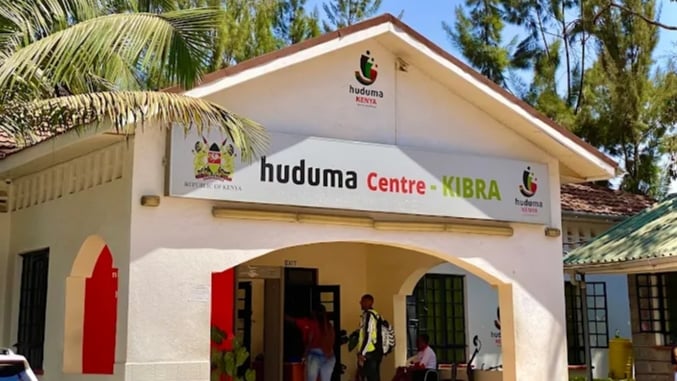In our segment of the Kenya Women Series, Patience Nyange and Esther Kiragu turn their attention to one Caren Wakoli.
Caren Wakoli is the Executive Director at Emerging Leaders Foundation, describes herself as a student of life and in 2018, she made news after she became the only woman that former US President Barack Obama publicly acknowledged during a 2018 speech while in South Africa.
In 2009, I joined the University of Nairobi to pursue a Masters Degree in International Studies and Diplomacy. This is where I first met Caren Wakoli. Well, most of us had always imagined she was the daughter of the renowned politician Bifoli Wakoli. So the question, “Are you Bifoli’s daughter always came up” to which she would shyly laugh it off.
After my second semester, I deferred and left the country for Norway. Though I would later come back to join a different class, our friendship had already taken off so we promised to keep in touch.
Read More
The best thing that happened at the UoN is that we met other amazing women and formed a support system for life. No doubt a woman alone has power, but together we have an impact. Rita Maingi, Besty Namisi, Caren Wakoli, and I celebrated our ten years of sisterhood in 2019.
It is said that true friends have not only heard of your stories, they have lived through them. The four of us have lived through Caren’s dream of seeing ELF become a reality. Her passion for young people is a passion that was so evident and she spoke about it in such a way that we all bought into the idea of ELF when it was only but a far-fetched dream.
Caren Wakoli made news for being the only woman that former US President Barack Obama publicly acknowledged during his 2018 lecture at the 100th anniversary of South African anti-apartheid revolutionary Nelson Mandela.
In his speech, President Barack Obama singled out Caren as one of the young Africans he is very proud of and celebrated her for the good work she was doing in Kenya; mentoring Kenyan youth as way of eradicating poverty in Kenya.
“I am so in love with working with young people - just calling out the leaders in them, getting them to realize they have a voice and that they matter. Helping them know that the answers they seek are within and that they can be anything they want to be and they can do anything they want to do, as long they keep the focus, determination and consistently take action.”
Caren, who is a certified life and leadership coach, transformational leadership trainer and champion for integrity and good governance, trained and worked as a journalist briefly before finding her true love – being a youth worker. She then quit to do what she does now. Cumulatively, she has over 17 years’ experience of supporting and empowering young people.
“I see so much value in this work that even when I get to 90 years, I see myself still advocating for youth inclusion and meaningful youth engagement by governments and institutions. I realized at a young age that leadership is everything. Leadership is a matter of life or death, depending on how it is executed.”
But why young people?
Youth is the most definitive stage of one’s life and if only young people can do with a little guidance, support, and mentorship, they get to set strong foundations for their careers, families, amongst other things.
Someone once said that if you want to know the future of any nation, look at the state of its young people. That’s why I believe it is our duty as a society to invest in our young people – education, innovation, opportunities etc, so that they become active participants in the shaping of the national agenda and the destiny of the nation.
During her undergraduate days at UoN, Caren was the first female to be elected Vice Chairperson of SONU and had previously been elected for two terms consecutively – as Congress lady and Gender Affairs Secretary.
So out of curiosity, I ask, “What prompted your decision to pursue leadership roles at a young age?
“I believe that the quality of our life is directly proportional to the quality of leaders we have. Like John Maxwell aptly puts it, everything rises and falls on leadership. I grew up seeing all manner of vulnerabilities and inequalities. The sting of poverty and lack of equal access to opportunities for many Kenyan families is painful.
But guess what, this is not the natural design of things – we are all meant to live in dignity. I believe that we have all we need to take care of all of us, but not enough to satisfy the greed of a few. That’s why leadership matters a great deal.”
So, at a young age, I decided to start learning and understanding what leadership is all about. For instance, who is a great leader? What makes one a great leader? How are leaders made? I asked and still ask these questions even as I practice leadership in my sphere of influence.
By the time I joined the University of Nairobi, I didn’t know many things but I was sure of one thing; that I wanted to be a leader. And a leader I became, and leadership I practice. I am so glad that my journey and purpose have led me to nurturing and growing the next generation of values-based African leaders. I do this every single day and I am so fulfilled.
So what do you consider some of your major achievements?
My career journey has been interesting. I spent the early part of my career doing voluntary work in both corporate and civil society, and it paid off. I acquired skills in writing, events management, training and human rights work. That’s why I am a big proponent of volunteerism because it provides room to learn, build your CV, grow networks and decide what path one wishes to take in life.
From doing voluntary work, I then joined the media where I worked as a news reporter, radio presenter, and writer. I thoroughly enjoyed working on documentaries and highlighting stories of ordinary Kenyans doing some extra-ordinary work in their communities.
After about three years, it was clear to me that although the work I did was good, some other work was more fulfilling – empowering and equipping young people to be the best they can be. I did the unavoidable; I quit my job and founded Emerging Leaders Foundation to do exactly that- raise young Kenyans as active responsible citizens who lead change in their communities.
The process of starting an organization from scratch to where it is now has been tough but with so many lessons. A few lessons that I’ve learnt:
1. All things start small.
2. Consistency pays.
3. Teamwork is important.
4. Character trumps talent.
and many other lessons.
In the course of my career life, I got opportunities to serve on different boards and this exposed me to leadership at such a high level that I needed to learn new skills to thrive and be productive. In the past I’ve mostly served on boards of parastatals such as NACADA, National Council of the African Peer Review Mechanism, Uwezo Fund, Nairobi County Youth Oversight Board (Chairperson) and National Committee of Nyumba Kumi.
Currently, I serve on these boards: UNDP Youth Sounding Board, The Youth Congress (Chairperson), Siasa Place, YALI East Africa, DSW, and Impact Africa Industries.
Some of my achievements in these spaces are; taking part in making policies that protect and enable young people to thrive, contributing to changing the narrative about youth i.e. young people don’t want handouts they just need access to opportunities and they will turnaround their lives, etc.
From your experience working with young people, what do you find to be the three most common mistakes they make that sabotage them and what advice would you give them to avert this?
They chase after the money – money is good, but pursuing passion has a lasting impact on one’s life. In the initial stages, it may be difficult to make money pursuing passion or purpose but keep showing up with enthusiasm and one day people will start paying you to do what you love. Don’t follow money, money follows ideas, so think ideas and execute them.
Many of them wait for situations to be ‘perfect’ to get started i.e. they wait to have the right amount of money, right location, right institution…etc. I have since learnt that there is nothing like ‘perfect’ in this life. You just start where you are with what you have and then rest will unfold in the fullness of time.
The other mistake is that many feel they are too young to make a difference. I tell people all the time that you are never too young or too old to make a difference. Many of the innovations in the world or change across the globe has been led by young people. Young people do matter. Their lives matter.
They need to find their voices and talents and use them to leave a mark in this life. And they must not sit out and wait to be called upon to speak or make their contribution. They can create their own tables or invite themselves to the decision-making tables and make their contribution.
Your organisation ELF is known for developing leadership skills, especially among the youth. Why do you believe this is important?
When you sit back and look at our society, something so critical is missing – good leadership. Young people being the majority of the population - over 72% of the total population, they can lead the change they want to see. All change starts at a personal level.
At ELF we believe that everyone is a leader but we need to call out the leader in them and bring them to that realization that they are the change they have been waiting for.
We equip the young people with information, skills, and the right values and expose them to great role models and mentors who they can emulate and learn from.
After 9 years, Caren believes that the work is beginning to bear fruits. There is hope for tomorrow. There is a crop of young people who are saying no to corruption and yes to good governance. There is a crop of young leaders that are leading from a place of values and ethics and are succeeding. There is a crop of young women and men who are holding duty-bearers to account and are also accountable to those they lead – whether at school, at home, in organizations etc.
If we want sustainable change in society – we must start with children and young people, so that as they grow older and take up leadership roles, they will already have an understanding of what is expected of them and how they can go about delivering the same with integrity. Integrity matters.
What are some practical things you would advise any young person to do to be a leader at whatever stage of their career they are in?
Keep learning – You are never too young or too old to learn. Learning is a lifelong journey and it’s tragic when we stop learning because that’s when we begin to die. Right now there are many avenues through which we can learn – read books, listen to podcasts, converse with mentors/coaches, social media, films etc. Deliberately make a point to learn and grow your mind every single day.
Keep showing up, no matter what – There are days when you will feel, exhausted and even wish to give up. Don’t. Encourage yourself to keep showing up. 80% of success in life is as a result of showing up. Even if it means crawling out of bed, limping, or pushing yourself, please do so and keep showing up. Trust the process, it will make sense someday.
Go the extra mile – The only place with no traffic jam is the extra-mile. Go beyond what is required of you and apply your heart and soul into whatever it is you do. Someone is always watching.
Find yourself a mentor – mentors play an important role in guiding us and sharing their stories. You cannot make all the mistakes by yourself. Learn from others who have gone before you.
Speak up – There is power in speaking up. Even if your voice shakes, speak your truth. It will set you free.
Define your values and stand up for them. Values will take you far. Don’t take shortcuts, they will kill you ooh!
If you were to choose three values that are most important to you that you live by and shape the way you work, live, and run your organisation, what would they be and why?
Service – We find ourselves when we give our lives in service of others. Find a place you can make yourself useful and selflessly serve. People who serve others live purposeful lives. And while at it, take good care of yourself so that you are not pouring from an empty cup.
Dignity – I believe we all need to treat one another with respect and dignity regardless of status, age, gender, economic status, titles etc. I also believe that we all need to live in dignity and leaders play a key role in ensuring that the people they lead are living good quality and dignified lives.
Faith – Nothing in this life can be achieved without a strong belief in something. Believe in your God-given abilities to live an exemplary life that makes a difference in the lives of others. Believe that you have all it takes to be successful and to live the life you have always dreamt of.
While I was curious to hear how other people describe her, I asked her to describe herself. “I say I am a live soul, I am a dreamer, I am an afro-optimist, I am simply human.” Well, there are many descriptions of @carenwakoli, -fierce, go-getter, bold, quiet, shy, self-effacing, humble and simply, the girl next door.
If you had a chance to create a totally new world for young people, what would you wish for in their new world and what are you doing to create this change now?
I wish for a world where they are the centre of policy and decision-making processes, where they are heard, where they shape national discourse, where there is inter-generational discourse and collaboration.
Caren is known for her love of this quote, “The tragedy in life is not death, but living a life without purpose.” She considers the joy of finding her life purpose as one of her greatest achievements. “It’s a journey worth pursuing. I am a strong believer in the essence of knowing thyself and doing the inner work, before attempting to change the world or make a dent.”
Esther Kiragu is a Writer, Editor, and Communication professional in Kenya while Patience Nyange is a Chevening Scholar with a Masters Degree in International Public Relations and Global Communication Management from Cardiff University. Prior to joining Cardiff University, Patience served as an Assistant Director at the Kenya National Commission on Human Rights (KNCHR)

